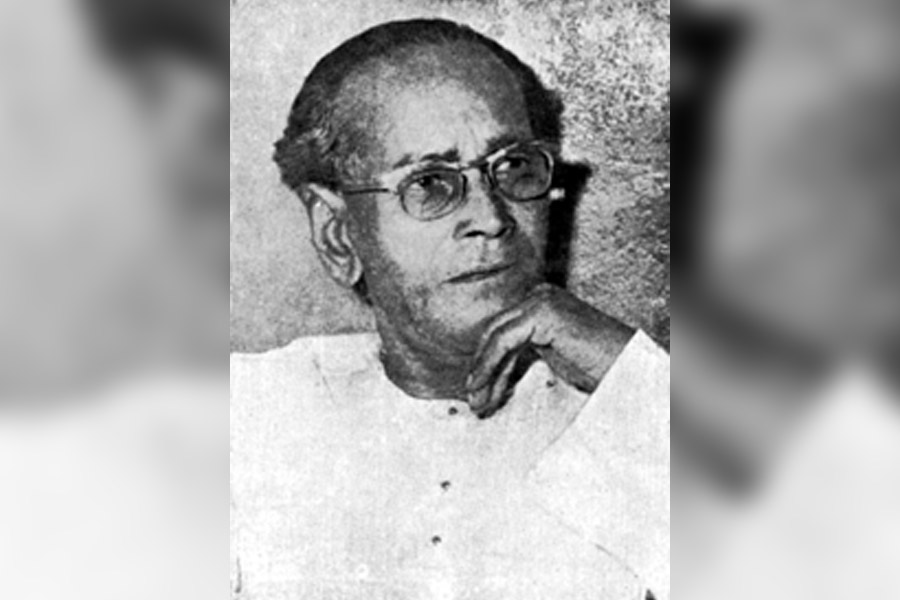Chief minister Mamata Banerjee on Wednesday paid tributes to litterateur Tarasankar Bandyopadhyay on his 127th birth anniversary, remembering his contribution to Bengali literature.
“After coming to power in Bengal, we renovated Dhatridebata, the house he (Tarasankar) was born in Labhpur. A bridge on the Mayurakshi river has been named after him. His memoirs Amaar Sahitya Jiban has been re-published by the Bangla Akademi. Tarasankar will forever be remembered for his contribution to Bangla literature,” Mamata wrote in a post on X (formerly Twitter).
Born in Birbhum’s Labhpur in 1898, Tarasankar was among the most prolific writers of the last century, penning novels, short stories, poems, essays and also lyrics.
A freedom fighter, Bandyopadhyay received the Sahitya Akademi Award, the Jnanpith, Padma Shri, Padma Bhushan among others.
Satyajit Ray’s Jalsaghar was based on a short story by Tarasankar. Many of his other novels and stories were adapted for the celluloid by Tapan Sinha, Tarun Mazumdar and Rituparno Ghosh.
According to literary lore, Tarasankar lost the Nobel Prize for literature to Pablo Neruda in 1971.
My Kolkata lists five novels of Tarasankar for those unfamiliar with his writings.
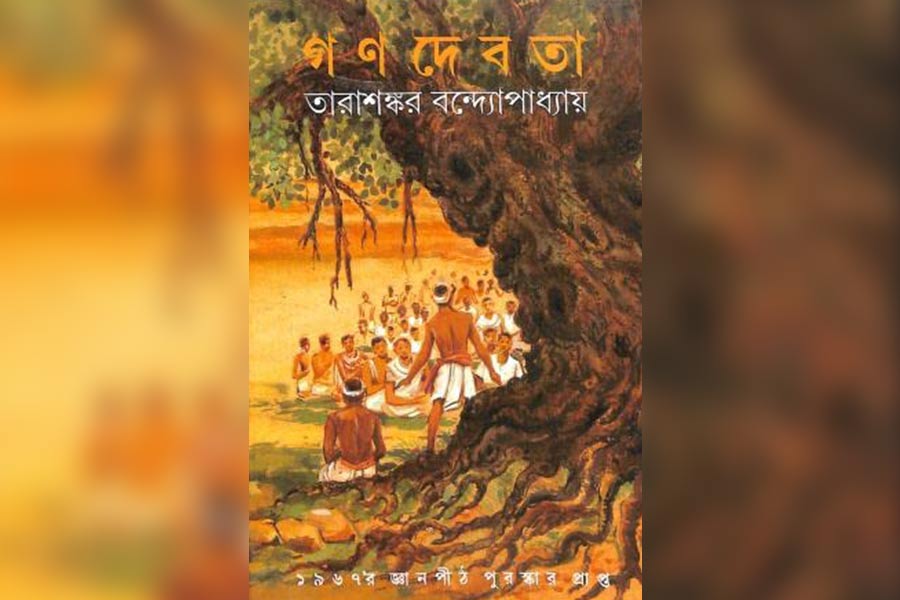
1. Ganadebata: Set in a village on the banks of the Mayurakshi river, Ganadebata tells the story of villagers persecuted by caste and class divisions. In 1979, Tarun Mazumdar made a film based on the novel with Saumitra Chatterjee, Shamit Bhanja, Madhabi Mukhopadhyay, Rabi Ghosh and Ajitesh Bandyopadhyay in the lead. Tarasankar received the Jnanpith award for the novel in 1966.
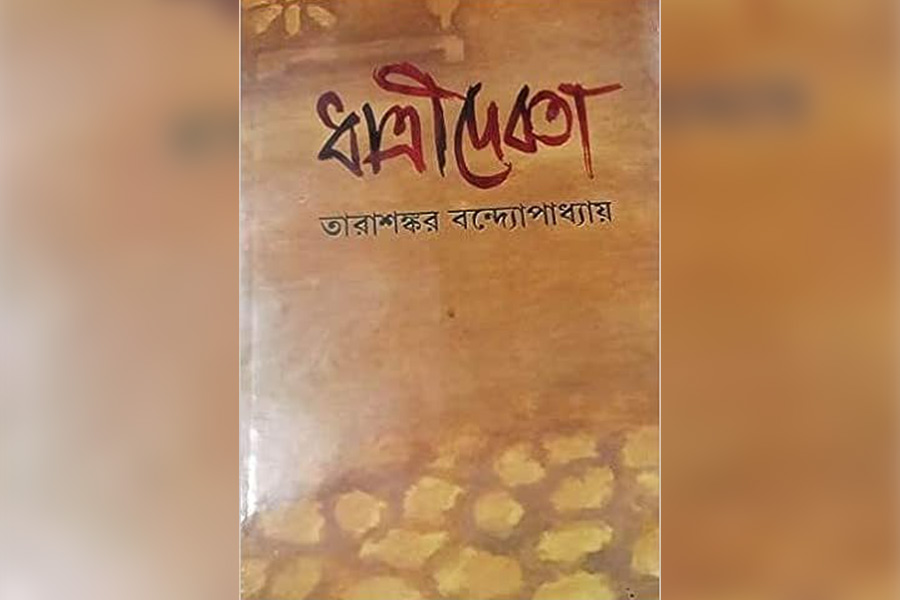
2. Dhatridebata: A near-autobiographical novel, Dhatridebata follows a member of a Zamindar family in decline. It was first published as a short story, which Tarasankar later expanded into a novel. The novel explored the personal with the social and the political. Elements from India’s freedom movement were interspersed with the familial pressures and social justice. Rabindranath Tagore had expressed his dissatisfaction with some parts of the novel in a letter to Tarasankar.
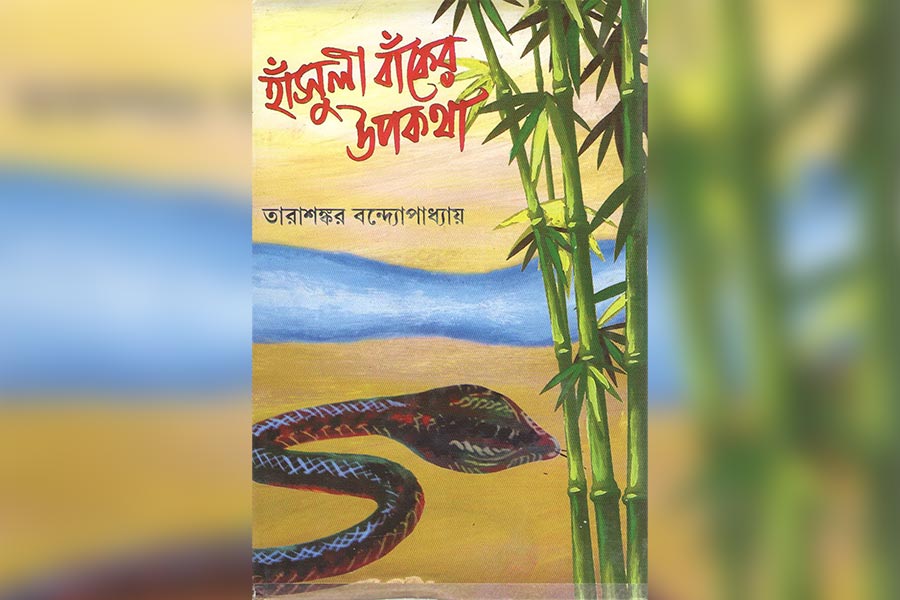
3. Hansuli Baanker Upakatha: Once again set in his home district of Birbhum, the novel published in 1951 explored rural Bengal and the adverse impact of the Zamindari system through the lives of the people living along the river Kopai, and the inevitable clash between the traditional and the modern. Tapan Sinha made a film based on the same novel.
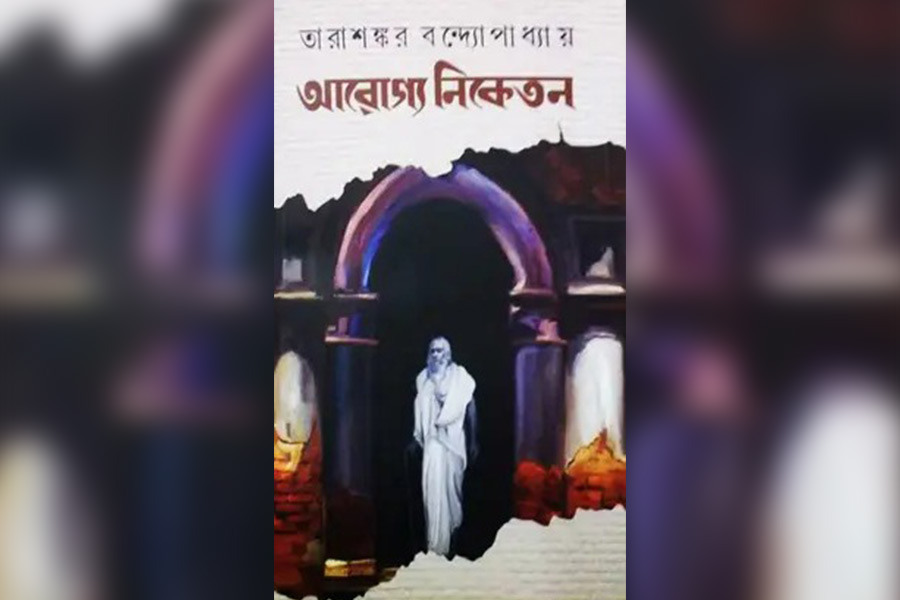
4. Aarogya Niketan: The traditional and the modern came to clash once again in this novel penned by Tarasankar. Set in Birbhum, it explored the confrontation between a traditional healer and a young MBBS in the rural setting. Tarasankar received the Sahitya Akademi award for the novel. A film on the novel had Bikash Roy and Subhendu Chatterjee playing the two main characters.
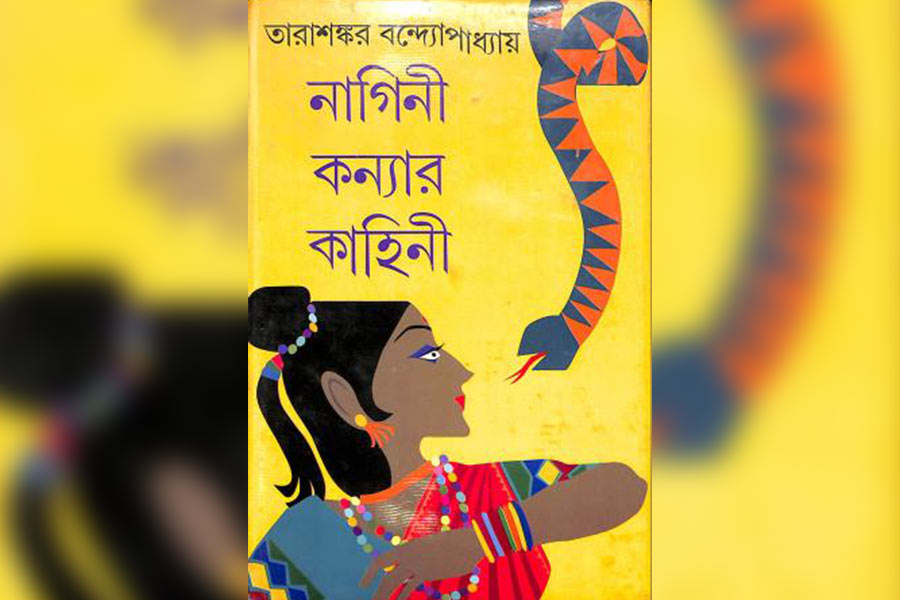
5. Nagini Kanyar Kahini: Tarasankar relied heavily on myth to explore the lives of a marginalised community in rural Bengal and the daily struggles that they had to endure.
